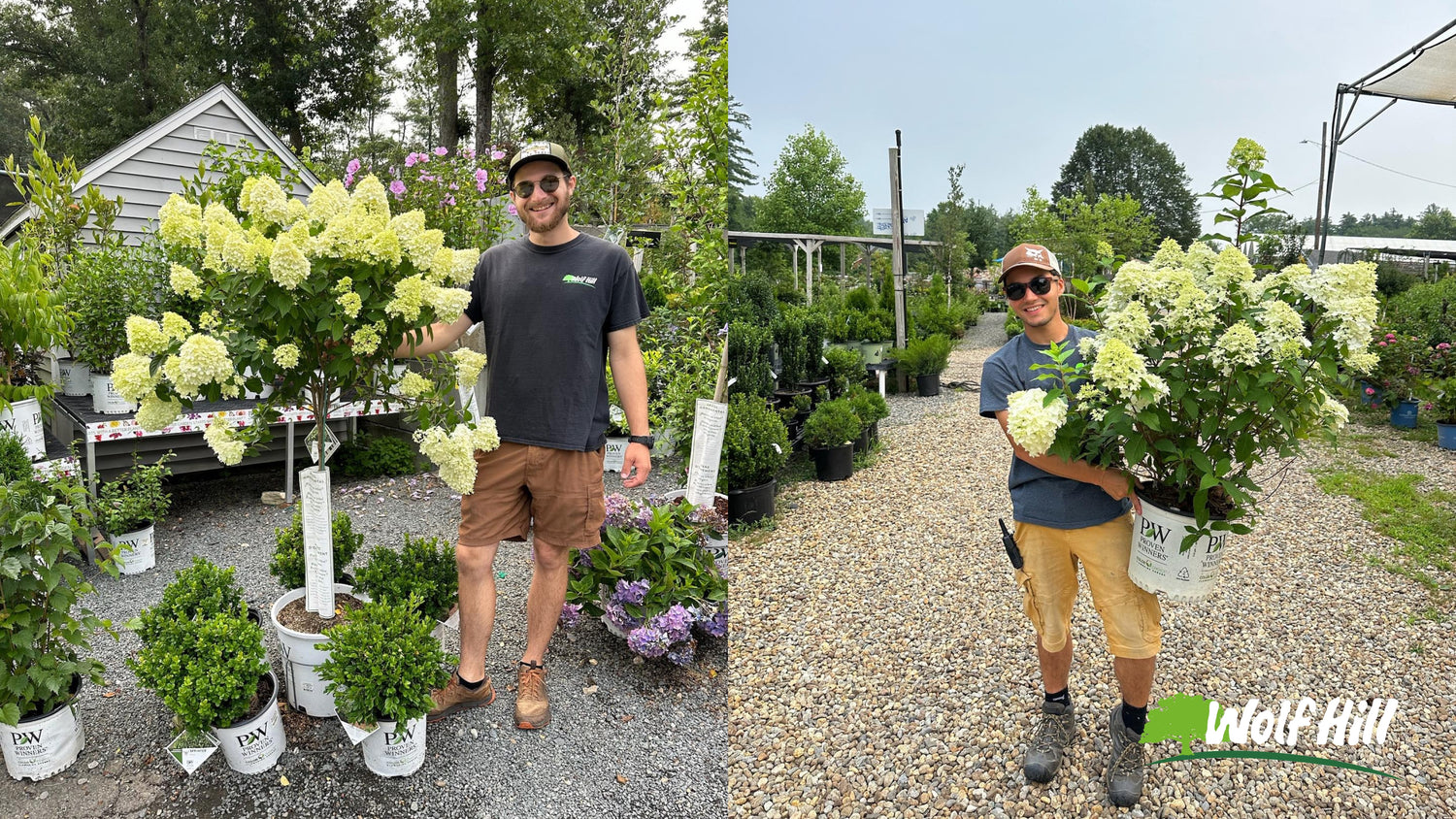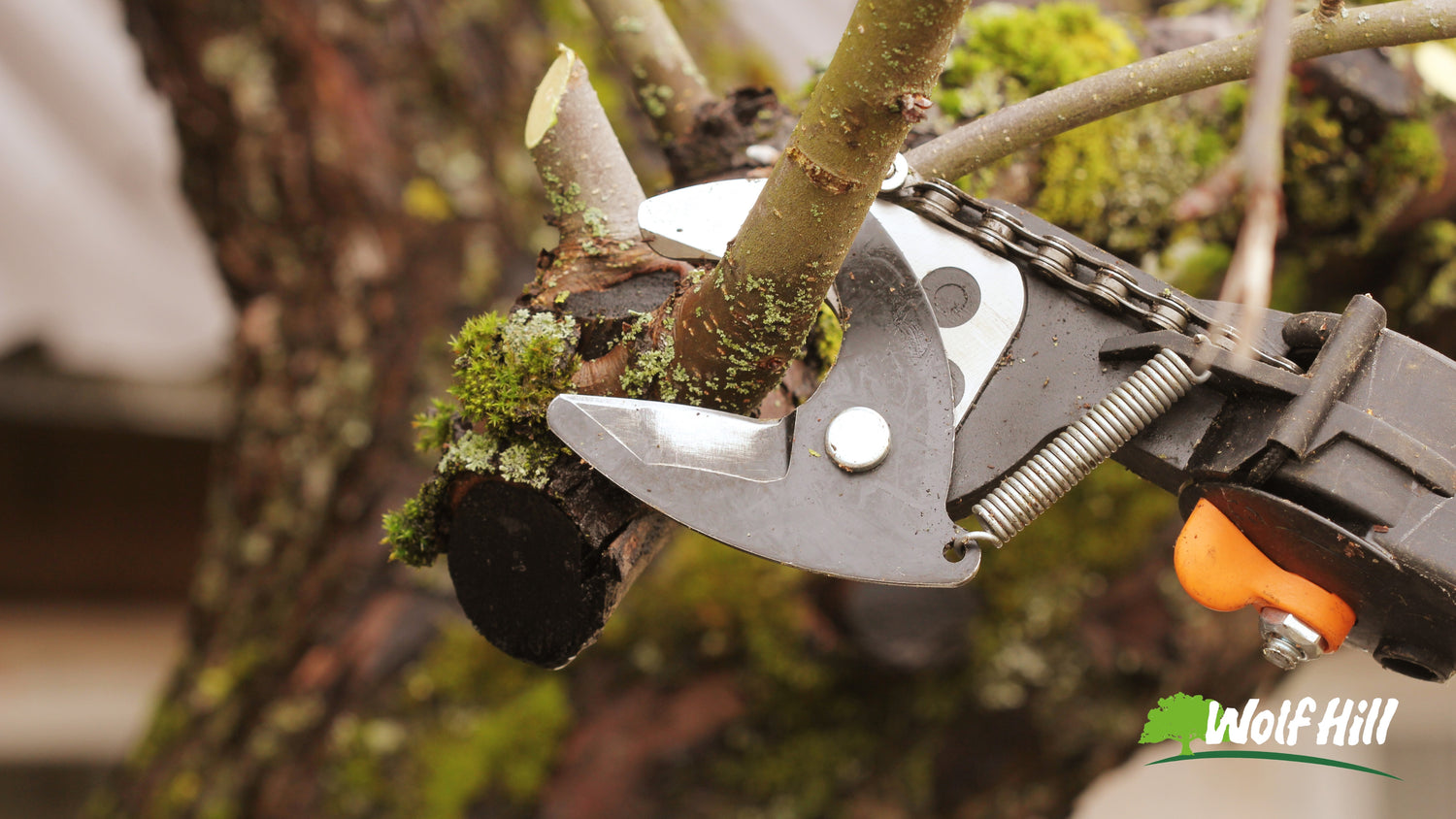Pollinators, such as bees, butterflies, and hummingbirds, play a crucial role in maintaining healthy ecosystems and supporting plant reproduction. By choosing the right plants for your Massachusetts garden, you can create a beautiful outdoor space that also supports these essential creatures. At Wolf Hill Home & Garden Center, we are passionate about helping our customers create pollinator-friendly landscapes that contribute to a thriving local environment. We'll explore some of the best plants for attracting bees, butterflies, and hummingbirds to your Massachusetts garden.
Bee-Friendly Plants
Bees are essential for pollinating a wide variety of plants, including many of the fruits and vegetables we enjoy. To support these vital insects, consider adding the following bee-attracting plants to your garden:
- Coneflower (Echinacea spp.)
- Lavender (Lavandula spp.)
- Bee Balm (Monarda spp.)
- Black-Eyed Susan (Rudbeckia hirta)
- Goldenrod (Solidago spp.)
- Aster (Aster spp.)
- Salvia (Salvia spp.)
Butterfly-Friendly Plants
Butterflies are not only beautiful to watch, but they also serve as important pollinators. To create a butterfly haven in your garden, consider planting the following species:
- Butterfly Bush (Buddleia spp.)
- Milkweed (Asclepias spp.)
- Joe Pye Weed (Eutrochium purpureum)
- Phlox (Phlox spp.)
- Zinnia (Zinnia spp.)
- Liatris (Liatris spp.)
- Yarrow (Achillea spp.)
Don't forget to also include host plants for caterpillars, such as parsley (Petroselinum crispum) and fennel (Foeniculum vulgare).
Hummingbird-Friendly Plants
Hummingbirds are fascinating creatures that are attracted to brightly colored, tubular flowers filled with nectar. To entice these delightful birds to visit your garden, plant the following species:
- Trumpet Vine (Campsis radicans)
- Coral Bells (Heuchera spp.)
- Hummingbird Sage (Salvia coccinea)
- Trumpet Honeysuckle (Lonicera sempervirens)
- Cardinal Flower (Lobelia cardinalis)
- Penstemon (Penstemon spp.)
- Columbine (Aquilegia spp.)
Tips for Creating a Pollinator-Friendly Garden
In addition to choosing the right plants, consider the following tips to make your garden even more attractive to pollinators:
- Plant in Clusters: Grouping plants of the same species together in clusters makes it easier for pollinators to locate and feed on them.
- Provide a Variety of Flower Shapes and Sizes: Different pollinators are attracted to different types of flowers, so including a range of shapes and sizes ensures that a variety of pollinators will be drawn to your garden.
- Offer Continuous Blooms: Choose plants with varying bloom times to provide a continuous source of nectar and pollen throughout the growing season.
- Limit Pesticide Use: Pesticides can be harmful to pollinators, so use them sparingly and consider organic alternatives whenever possible.
- Provide Water Sources: A shallow dish of water with stones for perching can provide a much-needed refreshment for pollinators visiting your garden.
Support Local Ecosystems
Creating a pollinator-friendly garden is not only a rewarding way to support local ecosystems, but it also adds beauty and interest to your outdoor space. At Wolf Hill Home & Garden Center, we offer a wide selection of pollinator-friendly plants suited for Massachusetts gardens. Visit our garden center to explore our range and receive expert advice from our knowledgeable staff on how to create the perfect pollinator haven in your yard. With a thoughtful combination of plants and garden features, you'll soon enjoy the sight of bees, butterflies, and hummingbirds buzzing and flitting about your outdoor oasis. Happy gardening!





